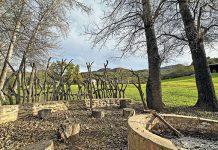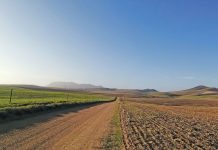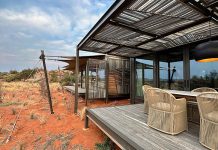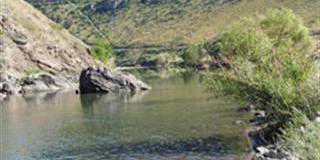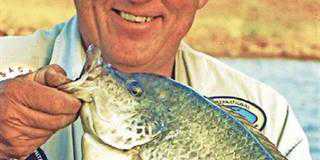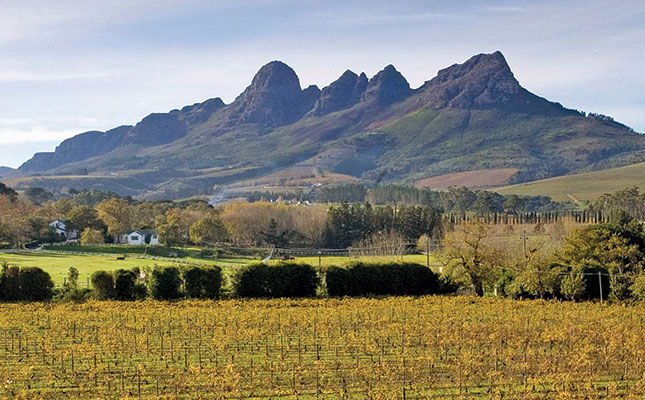
“The specialities of the region are what attract the modern traveller, and none more so than the food and the cooking of the region. This is why regional tourism is the tourism of the future, because it allows the visitor to truly understand and appreciate the complexity and inimitable character of a region.” – John Mckenna, Irish Times.
There are many case studies in South Africa and abroad that support this change in tourism trends as mentioned by John McKenna.
Charles Back of Fairview is one example. He is not only a farmer, but a successful marketer and entrepreneur.
Another is Julian Melck, the owner of Kersefontein Guest Farm outside Hopefield, which has been declared a national monument. Melck is a superb host and a hard-working farmer, who dines with his guests in the evenings. He understands very well that people relate to others, and knows the value of storytelling.
Another agritourism farmer listed on the Association of Agritourism South Africa website is André Cloete, a farmer from the Overberg area in the Western Cape, who recently won the Toyota New Harvest of the Year award.
All entrants are nominated by various businesses or associations in the agricultural sector; this shows that it is possible to be a successful farmer as well as a good agritourism service provider.
Farmers as entrepreneurs
Interestingly, in a recent research study conducted in Europe, it emerged that farmers did not see themselves as entrepreneurs. In fact, when the researcher asked whether farmers saw agritourism as diversification of their main operation, they replied that they viewed agritourism as “soft farming”, which could possibly occupy their wives’ time!
An agritourism entrepreneur is a person who adds networking, innovation, risk-taking, diversification and business management to his or her responsibilities on the farm.
Agritourism is a business, and from next month, readers who are active in this field will be able to become members of the Association of Agritourism SA, and qualify for a range of benefits to help them become successful agritourism entrepreneurs.
There has already been substantial interest from young South Africans who understand agritourism and want to participate in the association’s activities.
Agritourism routes
Farmers should work together to form ‘agritourism routes’ to attract tourists to their regions, whether on self-drive or guided tours. Such a route would attract more tourists than a solitary agritourism destination.
The next step would then be to register the route on the website so that it can be properly marketed. This will relieve you of the task that most farmers seem to dislike – marketing.
Best-practice agritourism models across the world show that there is no single model that can be deemed successful. However, some of these models could be adapted for local requirements.
To start an agritourism project, a farmer should assess the tourism assets on the farms by listing the facilities and attractions it currently has, such as climate, land use, improvements, natural attractions, activities, as well as the owner/manager’s strengths and goals, in addition to the resources of the local community.
Another opportunity for agritourism farmers is marketing their destination at agricultural shows throughout South Africa.
Visit www.agritourismsouthafrica.com for further details.

